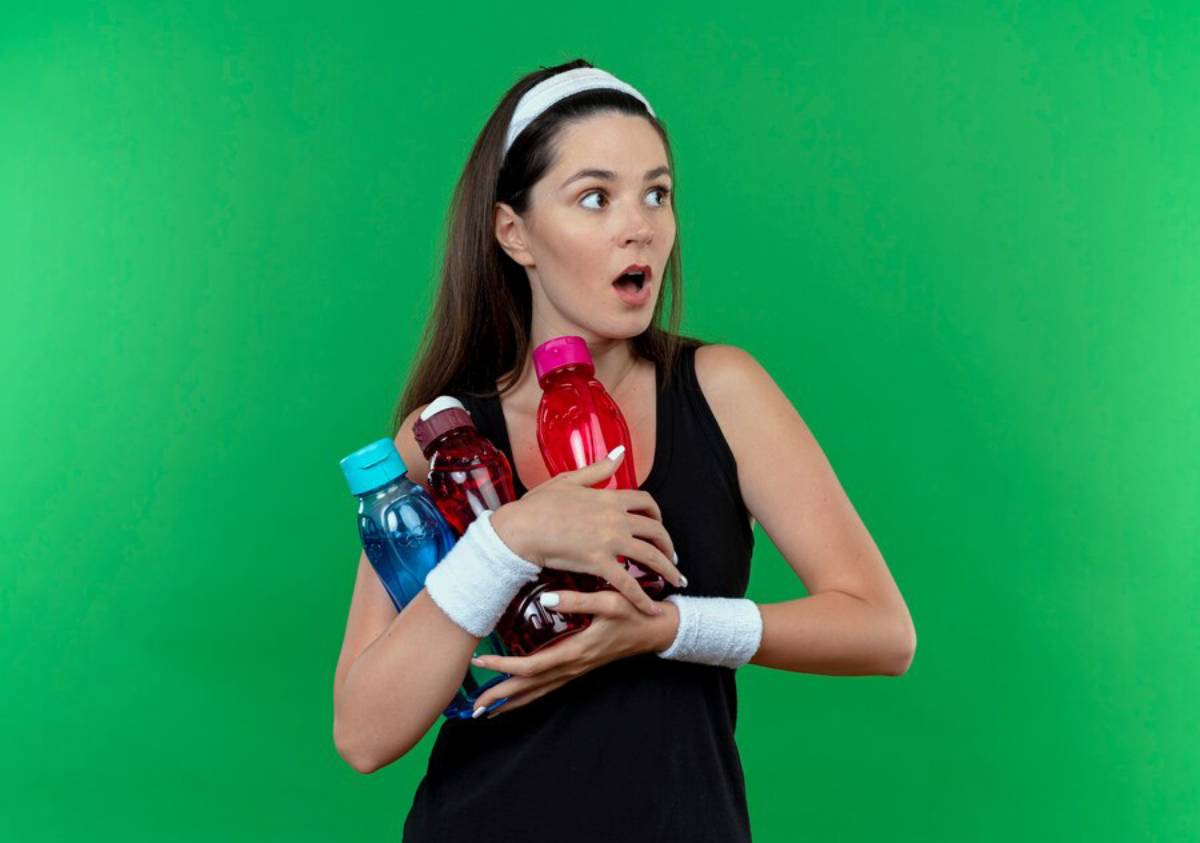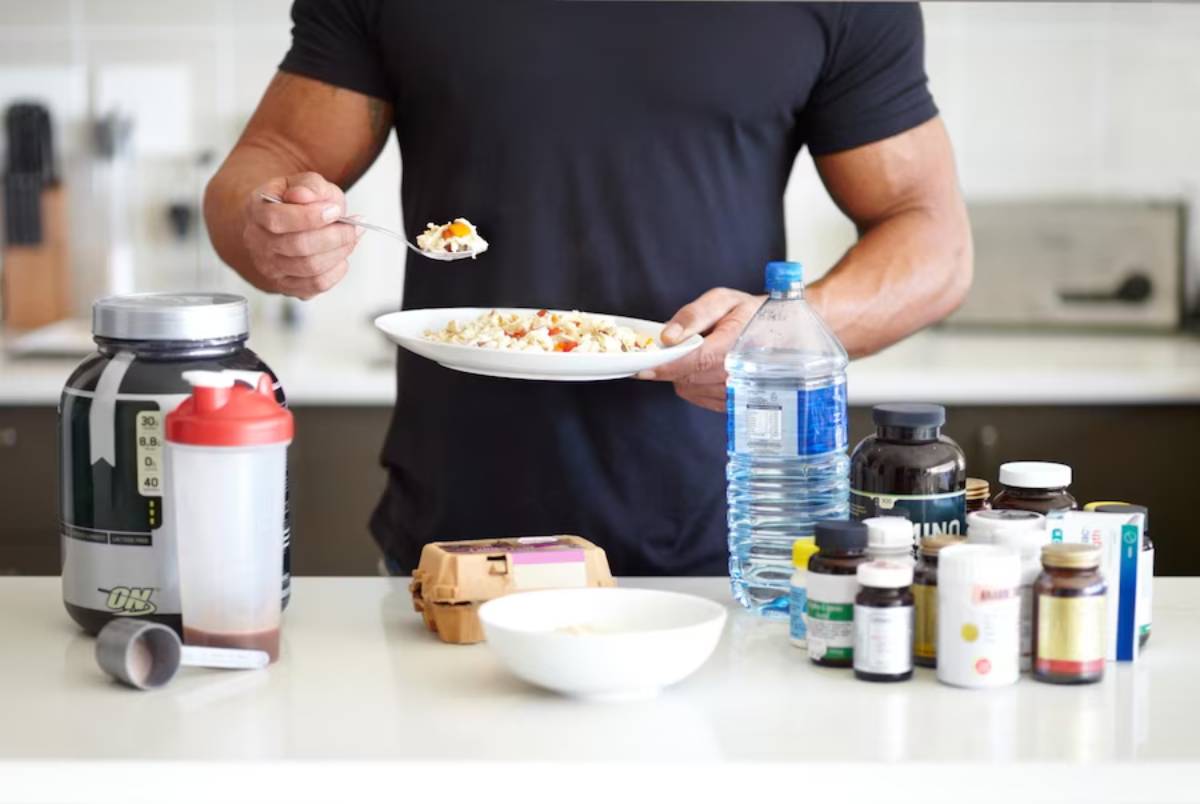
Electrolyte Balance for Optimal Performance
Whether you’re powering through a high-intensity workout or sweating it out on a summer hike, proper hydration is key to performance. But hydration is more than just how much water you drink — it involves keeping the right levels of electrolytes in your body.
Electrolytes are key minerals that will help keep your muscles firing, mind sharp and recovery on track. If you’ve ever feared fatigue, dizziness, muscle cramps or brain fog during or after exercise, a lack of electrolyte balance might be the culprit.
This guide explores the role of electrolytes in physical performance, offers smart hydration tips, and shows how to support workout recovery through better fluid and mineral management.
What Are Electrolytes?
Electrolytes are electrically charged minerals that help regulate critical functions in your body. They move through your blood and cells, playing a major role in:
- Muscle contractions
- Nerve signalling
- pH balanced
- Fluid regulation
- Heart rhythm and blood pressure
The main electrolytes include:
- Sodium – Maintains fluid balance and supports muscle/nerve function
- Potassium – Helps muscles contract and supports heart health
- Magnesium – Assists in muscle relaxation, nerve function, and energy production
- Calcium – Important for muscle function and bone health
- Chloride – Works with sodium to maintain hydration
- Phosphate – Supports energy production and pH regulation
Why Electrolyte Balance Matters for Athletes
During exercise, especially in hot or humid environments, your body loses water and electrolytes through sweat. The more you sweat, the more electrolytes you lose—especially sodium and potassium.
What happens when your electrolyte levels drop?
- Muscle cramps and spasms
- Fatigue and weakness
- Dizziness or lightheadedness
- Increased heart rate
- Dehydration and slower recovery
Balancing fluids and electrolytes is key to preventing these symptoms, enhancing endurance, and supporting overall workout recovery.
Signs You May Be Electrolyte Deficient
Electrolyte imbalances can be mild or severe. Here are some signs your electrolyte levels may be out of sync, especially after intense activity:
- Persistent muscle cramps or twitching
- Headaches during or after workouts
- Nausea or low-energy
- Brain fog or difficulty concentrating
- Abnormal heart rhythms (in more serious cases)
If you’re regularly experiencing any of these, it’s time to examine your hydration and recovery habits.
Hydration Tips for Maintaining Electrolyte Balance
Water is essential—but drinking plain water alone may not be enough during high-output days. Here are some smart hydration tips to keep your electrolyte levels in check:
1. Hydrate Before You’re Thirsty
Thirst is a lagging indicator. Start your day with a glass of water and continue sipping throughout the day, especially if you’re heading into a workout.
2. Balance Water and Electrolytes
Avoid overhydrating with plain water, which can dilute electrolyte levels (a condition called hyponatremia). Add electrolyte-rich beverages or supplements if you’re sweating heavily.
3. Use Electrolyte-Enhanced Drinks
Choose natural or low-sugar options with a mix of sodium, potassium, and magnesium. Coconut water, sports drinks, and electrolyte powders are all options.
4. Consume Salt Strategically
If you’re on a low-sodium diet or exercising intensely, you may need to add a pinch of sea salt to water or food to help retain hydration.
5. Hydrate Post-Workout
Don’t stop hydrating when your workout ends. Continue drinking fluids with electrolytes over the next few hours to aid workout recovery.

Natural Food Sources of Electrolytes
You don’t always need a supplement to stay balanced. Many whole foods are rich in electrolytes and can support your hydration and performance needs.
Sodium
- Pickles
- Olives
- Broth-based soups
- Salted nuts (in moderation)
Potassium
- Bananas
- Avocados
- Sweet potatoes
- Leafy greens
- Beans and lentils
Magnesium
- Pumpkin seeds
- Almonds
- Dark chocolate
- Spinach
- Whole grains
Calcium
- Greek yoghurt
- Cheese
- Sardines
- Tofu
- Fortified plant milks
Building meals with these foods helps maintain electrolyte levels naturally and supports energy production and recovery.

When to Use Electrolyte Supplements
Supplements can be helpful in situations where food and water alone aren’t sufficient—especially for athletes or those training in hot conditions.
Consider supplementation if:
- You sweat heavily during workouts
- You train longer than 60–90 minutes at a time
- You experience frequent muscle cramps or dizziness
- You’re doing endurance events (marathons, triathlons, etc.)
- You follow a low-carb or ketogenic diet, which can alter electrolyte retention
Look for balanced formulas with sodium, potassium, and magnesium. Avoid products overloaded with sugar or artificial additives.
Electrolyte Balance and Workout Recovery
After a tough workout, your body is in repair mode. Rehydrating with electrolytes helps replenish what you lost and supports faster recovery.
Post-exercise electrolyte strategy:
- Rehydrate with an electrolyte drink within 30 minutes
- Pair with a balanced snack containing protein and carbs (e.g. Greek yoghurt with banana)
- Monitor urine colour—pale yellow indicates good hydration
- Rest, stretch, and allow your body to recalibrate
This kind of proactive recovery routine can reduce soreness, speed up muscle repair, and prepare you for your next training session.
Electrolytes and the Mind-Muscle Connection
Not to mention, electrolytes also contribute to cognitive function. Not enough sodium or magnesium may hinder focus, coordination and nerve signalling — all of which impact your capacity to train effectively.
If you’ve ever had an “off” day when you find that you feel uncoordinated, sluggish, or mentally disconnected during workouts, monitoring your electrolytes might just sharpen up your mind-muscle connection and get you back on track.
Travel, Climate, and Special Considerations
Your electrolyte needs can vary depending on your environment and lifestyle.
Hot climates or high altitudes:
- Increase your fluid and electrolyte intake
- Plan rest and shade breaks
- Add extra salt to meals if you sweat more than usual
Low-carb or keto diets:
- Low insulin levels can cause the kidneys to excrete more sodium
- Supplementing sodium, potassium, and magnesium is often essential
Illness or intense stress:
- Diarrhoea, vomiting, or adrenal fatigue can disrupt electrolyte balance
- Replenish regularly and speak with a healthcare provider if symptoms persist
Customising your hydration strategy to your lifestyle is key to staying energised and well-balanced.
Conclusion: Balance Is the Real Performance Booster
Electrolytes are tiny but have a huge effect on performance, recovery, and total health. They are crucial for feeling and functioning at your best, from managing muscle function to powering your brain.
For some, staying ahead of dehydration and minding your fluid and mineral intake can boost your endurance, honed focus, and workout recovery — all without burning out.
So when you reach for a water bottle the next time, ask yourself what your body actually needs. Electrolyte balance might just be the missing piece in your performance puzzle.


